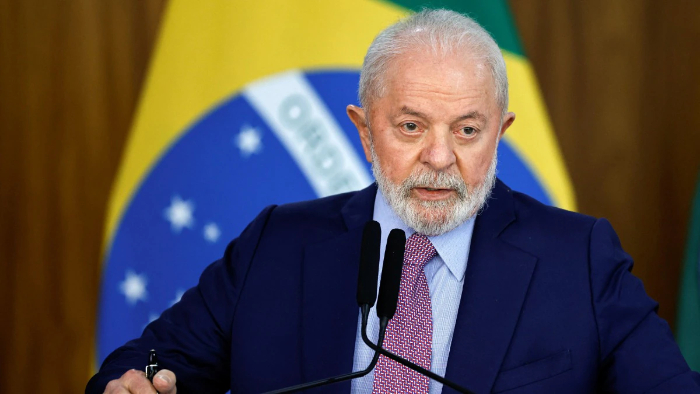
Zomato has recently introduced a new initiative called the “Food Rescue” feature in India, aimed at addressing food wastage through targeted redistribution. Spearheaded by Zomato’s CEO, Deepinder Goyal, this initiative reflects the company’s commitment to reducing food waste, providing affordable meal options, and supporting sustainable practices. With food wastage being a major issue globally, Zomato’s efforts aim to create a model where surplus food can be redirected to those in need, minimizing the environmental impact associated with discarded food.
The Food Rescue feature primarily targets excess food from restaurants, which would typically go to waste due to overproduction or lack of orders. The rescued meals are offered at reduced prices or donated to various community organizations. By introducing this feature, Zomato seeks to create an affordable and sustainable food cycle that benefits both consumers and businesses. The company is exploring partnerships with NGOs and local charities, which will help expand the reach of these surplus meals and facilitate the logistics of food redistribution.
Key highlights
- Zomato’s new feature allows restaurants to donate surplus food from cancelled orders or excess inventory to NGOs and shelters.
- The process is embedded within Zomato’s app, enabling restaurants to flag surplus food for easy collection.
- The initiative aims to cut down food waste, aligning with Zomato’s sustainability goals.
- Collaborating with local organizations ensures the food reaches those in need promptly.
- The CEO highlights the initiative as part of Zomato’s commitment to social impact beyond business growth.
The impact of food waste
Globally, food waste is a significant issue, with an estimated one-third of all food produced going to waste. In India, the problem is particularly acute due to inefficiencies in distribution and a lack of infrastructure for food preservation. By introducing Food Rescue, Zomato is not only addressing waste within its ecosystem but also highlighting the importance of responsible consumption.
Reducing carbon footprintFood waste has far-reaching consequences beyond just lost resources—it contributes to greenhouse gas emissions when decomposing in landfills. By diverting food from waste streams, Zomato’s initiative aligns with efforts to reduce carbon footprints.
Deepinder Goyal has been vocal about Zomato’s role in fostering a more sustainable ecosystem. In his LinkedIn post, he emphasized that this initiative is not just about business growth but about leveraging Zomato’s resources to create a positive impact. He sees this as a way to redefine how food delivery platforms can contribute to society beyond just convenience.
By launching Food Rescue, Zomato is setting an example for other players in the industry, demonstrating how technology and business can be harnessed to address pressing social issues. As the initiative gains traction, it has the potential to make a significant difference in reducing food waste and supporting vulnerable communities across India.


